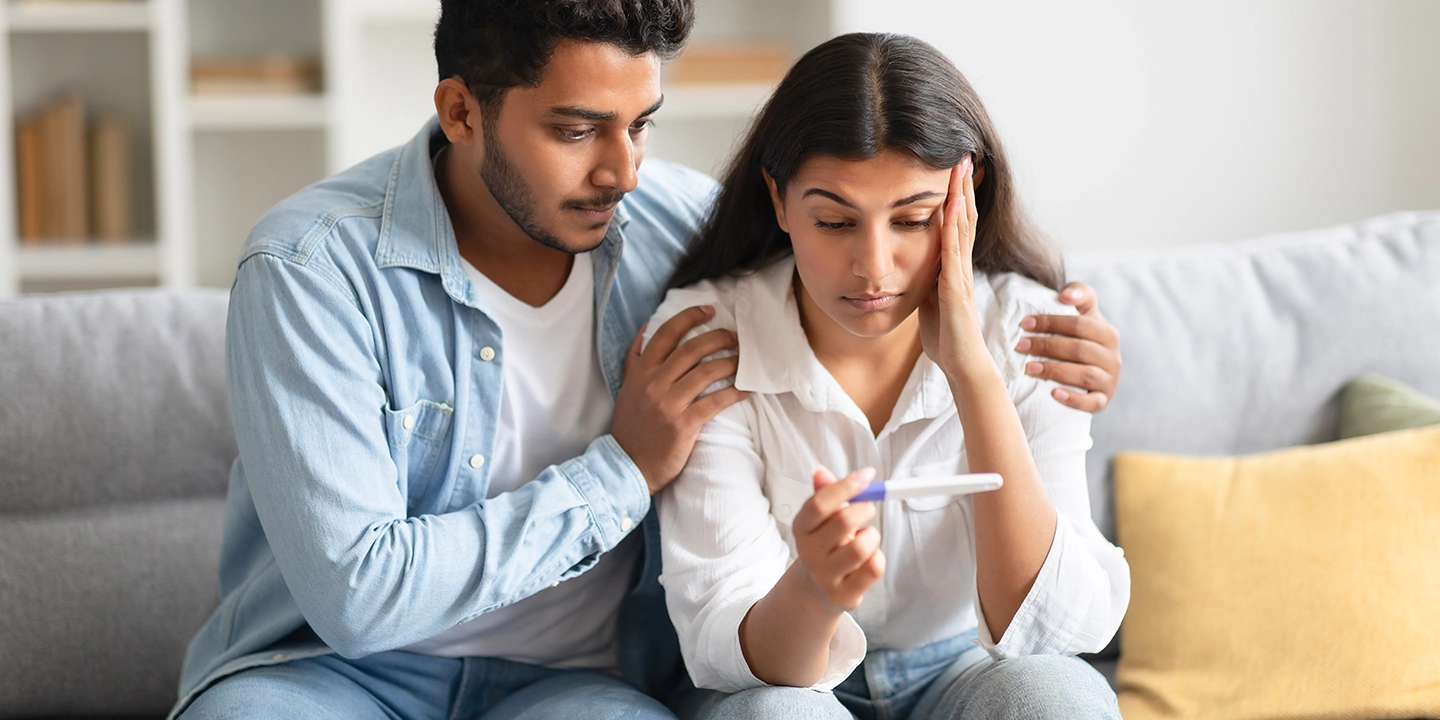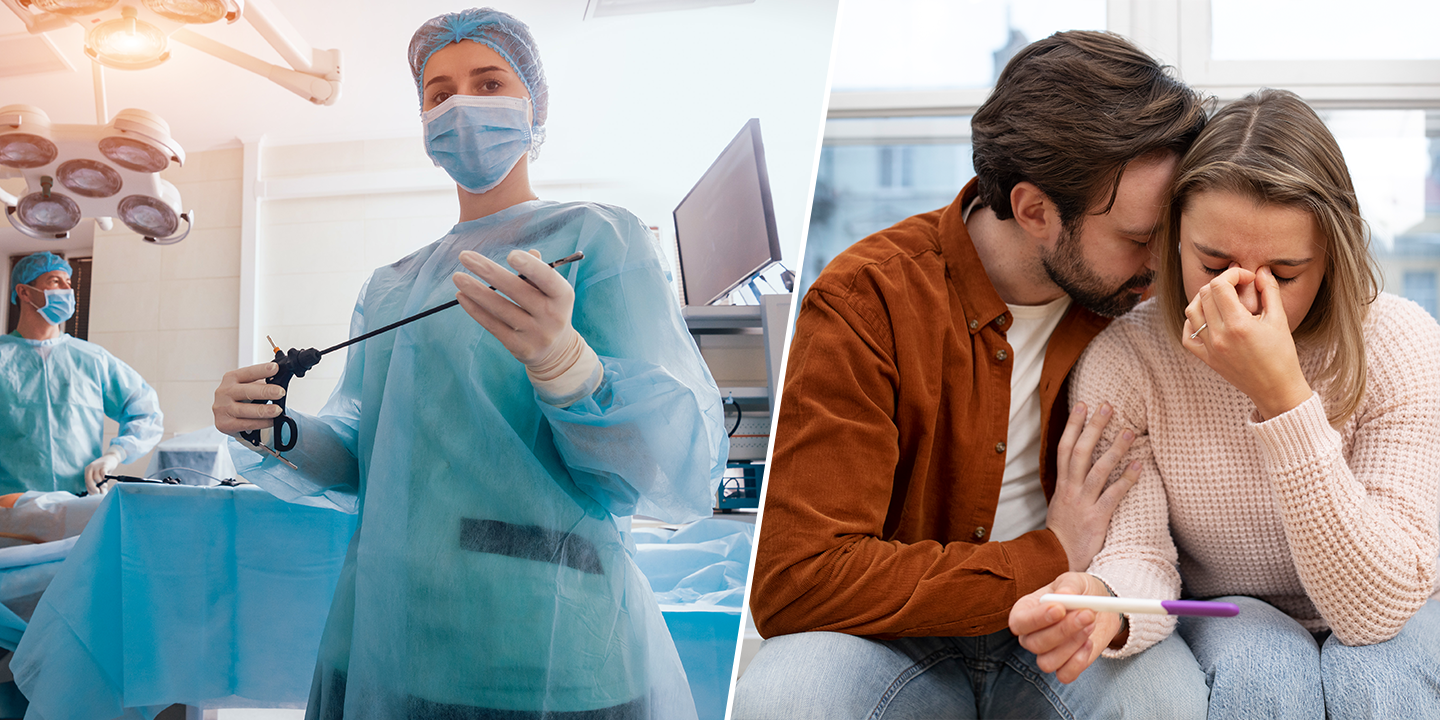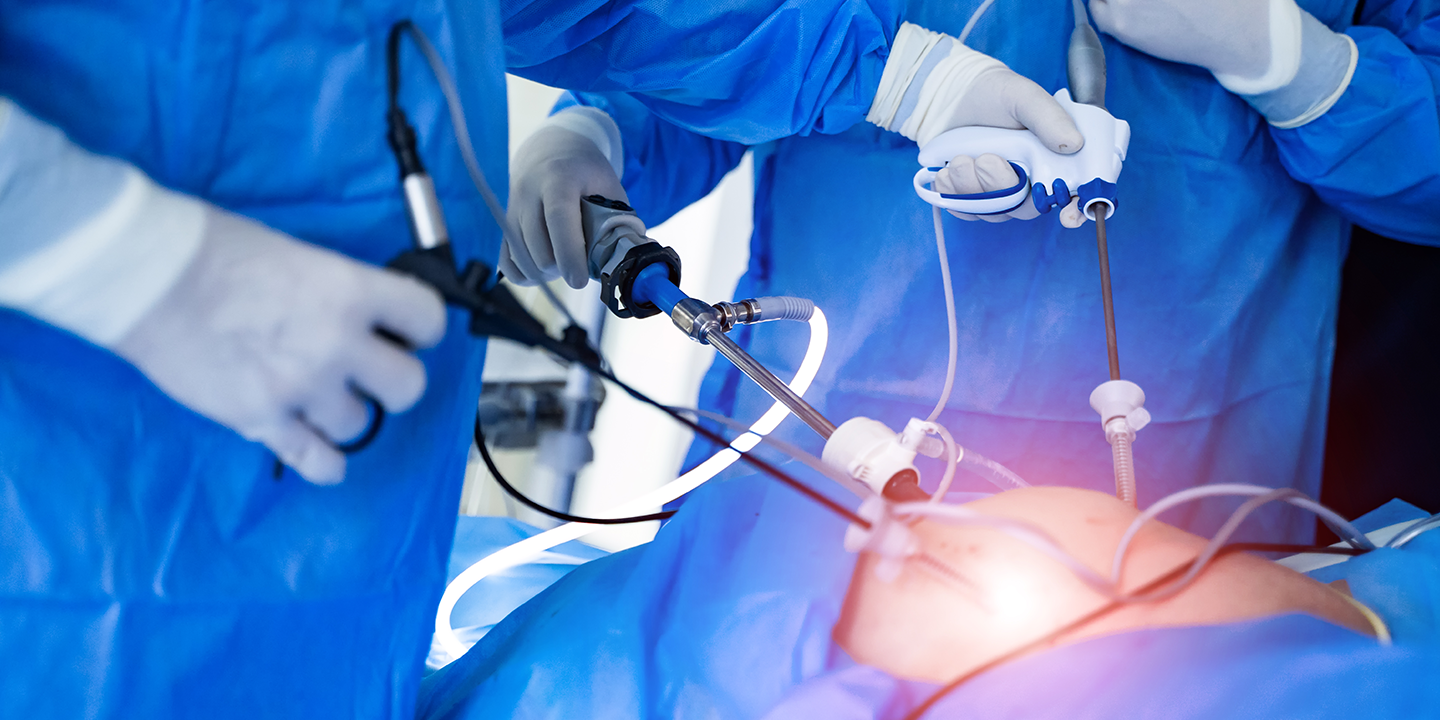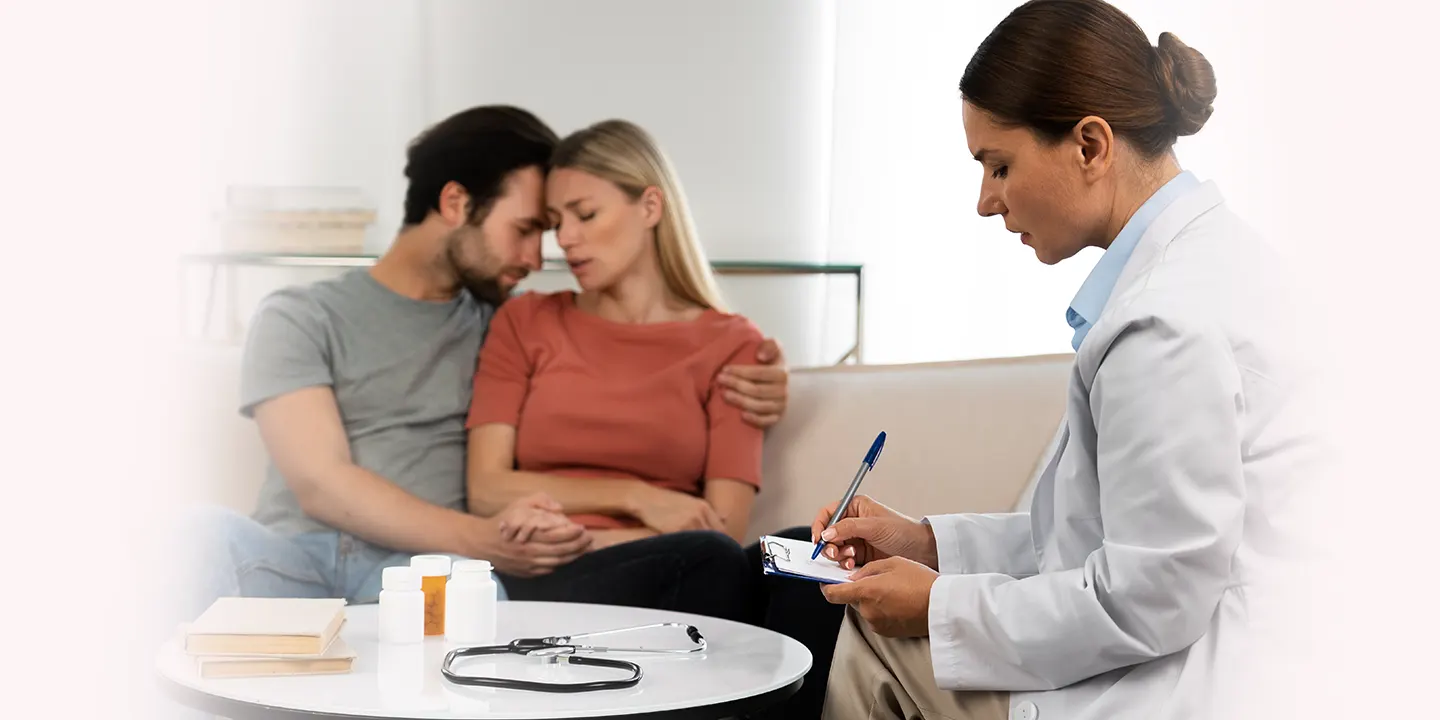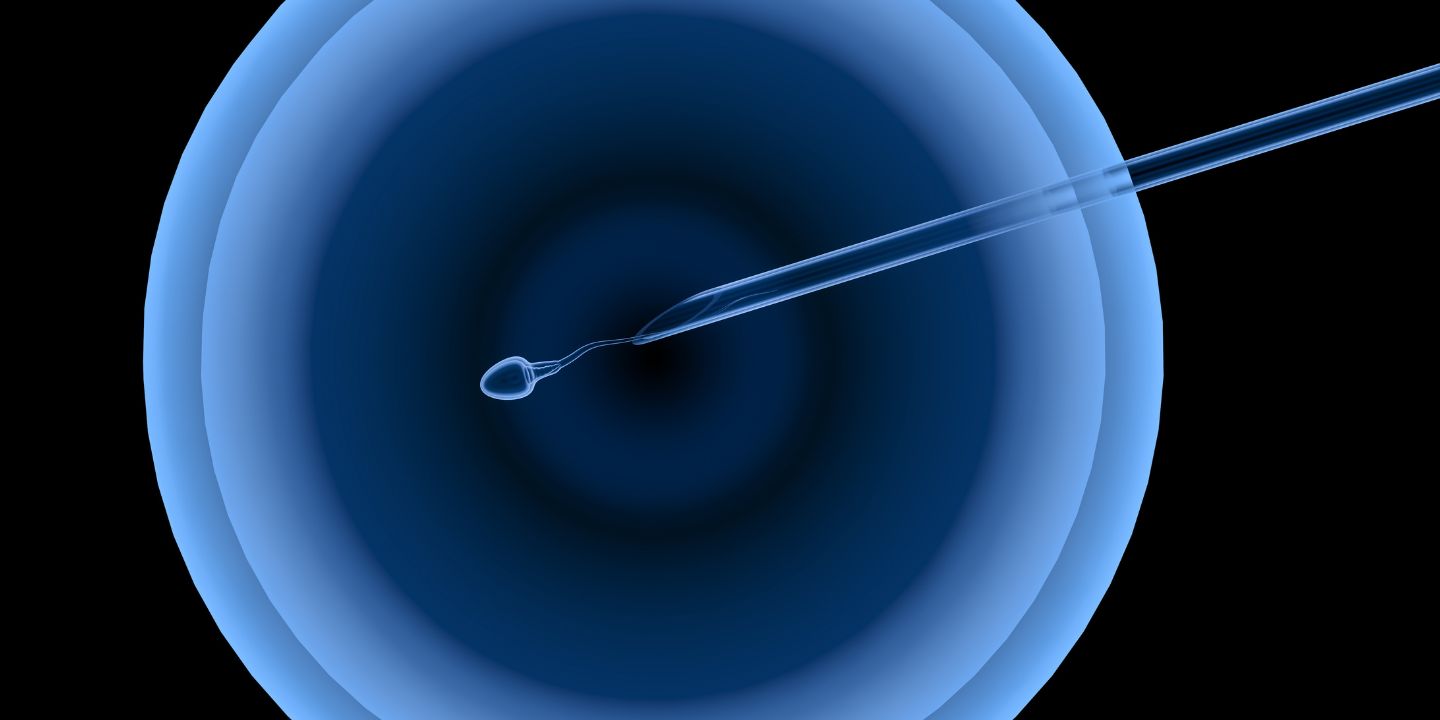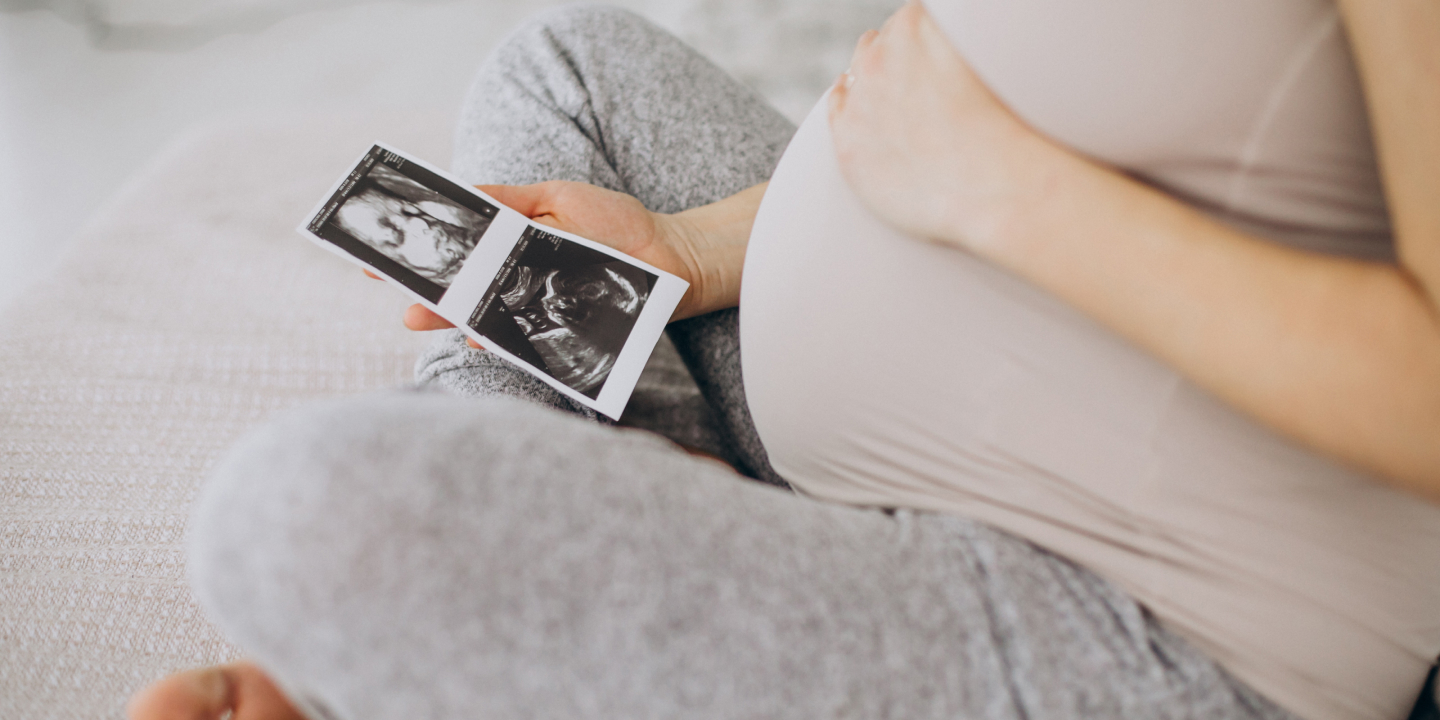
In this Article
Overview
If you have been trying to get pregnant for more than a year with no positive results, then chances are you need help from an expert fertility specialist to conceive successfully. The time frame is short for couples above 35 who should seek help after trying for about six months. Infertility is a time-sensitive medical condition. You should not put your fertility journey on hold and wait for the right time because the right time is now in terms of infertility. If you wish to seek help from the best gynaecologist in Delhi from experienced specialists who offer personalised treatment plans and ensure the best and safest care, visit Queen’s Gynecology. An infertility specialist here will help you to determine whether there is an identifiable cause of the condition and offer proper treatment after a complete evaluation. Treatment choice depends upon the test results and many other factors. So book your appointment now if you are having trouble conceiving to take tips to get pregnant.
Related Blog: Understanding the Top 10 Causes of IVF Failure
Reproductive Problems and Infertility
Infertility is a disease and is an umbrella term used for many conditions that impact the reproductive system in women and men. Infertility is when a couple experiences difficulty getting pregnant after trying for a year or six months of trying if a woman is over 35 years of age. Infertility is also considered an associated risk factor for many other diseases, including obesity, uterine fibroids, and sexually transmitted diseases, as one in five cases of infertility is unexplained, and the other 80 percent of infertility cases can be because of one or more below listed reproductive problems or disorders:
- Ovulation problems
This is also one of the common infertility causes among women, as many conditions lead to the inability to produce an egg or prevent an egg from moving to the womb. These issues affect many women dealing with infertility, including:
- PCOS
Fertility in women is disturbed because of PCOS, as it is the most common cause of the condition. Polycystic ovary syndrome affects many who are of reproductive age. With the condition, a woman produces more male hormones than normal, leading to cysts growing in ovaries and impacting egg release.
- Age and POI
It is another major risk factor for ovulation problems as by the time women are 37, they lose egg cells, and hormonal changes impact the egg quality. POI is premature ovarian insufficiency and is a condition when ovaries stop working, usually before age 40. Also known as premature menopause. It is quite a rare condition in women of childbearing age.
- Structural problems
There are many structural problems in women as well as with the reproductive system that cause fertility but are less common. If a woman’s uterus is abnormally shaped and has blocked fallopian tubes, fibroids, STDs, and scar tissue from prior surgeries, it can prevent pregnancy or lead to recurrent miscarriages. Endometriosis is one of the more common conditions affecting a woman’s reproductive system, as about 40 percent of women suffer from it.
- Male fertility
It is mainly overlooked but is responsible for infertility in about 20 percent of couples who experience difficulty getting pregnant. Conditions like Azoospermia and Oligospermia are accountable for fertility problems.
How does age influence fertility?
With age, the risk of pregnancy complications and issues associated with fertility in women increases. It leads to the risk of miscarriages and many abnormalities in the fetus as well. Women can experience complications like placenta previa, gestational diabetes, stillbirth, etc. Women are born with about two million eggs in their ovaries, and before reaching puberty, about 11000 eggs die every month; teenage women have only about 300000 to 400000 eggs left. From this age, about 1000 eggs are utilized every month, and it is an uncontrollable phenomenon. Thus, with growing age, the number of good eggs available reduces naturally, and when reaching menopause, she has no eggs left. The woman is believed to be most fertile in her 20s. At age 30, she has a 20 percent chance of conceiving every month, and at 35, the rate decreases in speed; in her 40s, she has only a 5 percent chance of conceiving every month, which is how age impacts fertility and increases infertility issues.
Can Thyroid Issues Affect Fertility?
An undiagnosed thyroid can disrupt fertility in women and cause problems during pregnancy. There are two ways in which thyroid problems lead to infertility. Hypothyroidism leads to cyst formation on ovaries and increases the production of prolactin, and because of this, you may not ovulate. The thyroid condition also increases a woman’s risk of miscarriage. If you have thyroid, it is better to consult an expert gynecologist to get proper tips for conceiving and managing it well. The best thing you can do to maintain fertility and reduce complications and risks is to get your thyroid under control as early as possible because once the thyroid is treated or managed successfully, you should no longer experience infertility.
Related Blog: The Role of the Thyroid in Conceiving: An Elaborate Exploration
The Impact of Multiple Miscarriages on Fertility
Women with multiple miscarriages can have a healthy pregnancy; they may need a little help from a fertility specialist like Queen’s Gynecology. According to statistics, chances of success are higher if you already have one child, before or in between your miscarriages, compared to those with multiple miscarriages but no healthy delivery. But with the help of a professional fertility specialist, you can usually overcome all problems to achieve a healthy pregnancy and your baby. The specialist will take control of your reproductive health and help you improve your chances for a successful pregnancy together. So, do not worry; early pregnancy losses are unlikely to create uterine problems that impact fertility and your future pregnancies.
Does Cancer Affect Fertility?
Some cancer treatments are unlikely to affect fertility, but some are there that may cause fertility issues during or after treatment. However, it depends upon the type of cancer, its stage, and grade on the patient’s overall health. Infertility post-cancer treatment makes women face difficulty getting pregnant because
- The ovaries cannot produce mature eggs, termed ovarian failure; however, it can be temporary or permanent.
- Ovaries are damaged by chemotherapy or radiotherapy, which leads to the loss of some eggs.
- The patient experiences hormonal signalling between the brain and the ovaries, which has been disrupted.
- Because of the damage to the uterus or fallopian tubes because of cancer surgery or radiotherapy.
There are many cancer medicines that are associated with a high risk of infertility. Thus, discussing with your gynaecologist what you can do if your treatment causes infertility is best. However, many fertility preservation options are available for cancer patients to have kids after treatment.
When You’ve Been Trying for Over a Year
Usually, healthy couples conceive within one year if they are actively trying to conceive. If you have been trying for over a year and cannot conceive, then it is best to consult an expert fertility specialist or gynecologist to get tips for getting pregnant. They will help you know the cause and help you to know about your fertile days, suggest a healthy diet and lifestyle, and prescribe vitamins. They will also treat you with issues that are preventing you from getting pregnant. Fertility treatment done by experts is done by determining the root cause through many tests. Based on findings, specialists will suggest the treatment and offer tips for conceiving that can increase your chances. If you are seeking the best gynaecologist, visit Queen’s Gynecology, one of the best pregnancy clinics in Delhi who are well known for handling all pregnancy-related cases like normal delivery, C-Section delivery, and High-Risk Pregnancy.
FAQ’s
Fertility issues can cause fluctuations of many emotions ranging from sadness to frustration and despair. Your obstetrician /gynecologist will be with you to offer the compassionate and expert care you need to manage and treat your fertility issues. Dr. Priya Shukla and Dr. Ruchi Tandon are among Delhi’s top names for infertility treatment. Both are award-winning gynecologists and co-founders of Queen’s Gynecology, one of the best maternity clinics in South Delhi, offering many treatments, including infertility.
For cases where the woman is younger than 35 years old and has no reproductive health issues, the couple is advised to visit a fertility specialist after a year of regular, unprotected intercourse. About 80 percent of women below 35 will become pregnant within one year of trying. A woman’s fertility starts decreasing in her early 30s, and the decline speeds up as she touches her 30s. This leads to reduced egg quality and a high risk of miscarriage and birth defects. For this reason, it is recommended that women over the age of 35 must visit a gynaecologist or fertility specialist for help after six months of regular trying by unprotected intercourse without pregnancy. Also, women over 40 years old are advised to consult a fertility specialist immediately if they want tips for getting pregnant.
If you are struggling with conceiving, it is best to consult your gynaecologist, who is equipped to perform fertility evaluation and prepare treatment plans. Women’s fertility is at a peak up to 30 to 35 years, and after that, it starts decreasing. If, for any reason, you cannot conceive earlier, it is best to contact an expert gynecologist immediately and get your ovarian reserve checked.
After marriage, if you’ve been actively trying for a year and are involved in continuous unprotected intercourse, and you still haven’t conceived, infertility is a possibility. However, no two couples’ journeys are the same, and there are some general guidelines that you must keep in mind. If you are below 35 and healthy overall and have been trying actively to conceive for a year or more unsuccessfully, you should visit a doctor for infertility. Women above 35 should consult the advice of a gynecologist or fertility specialist after six months of trying.

